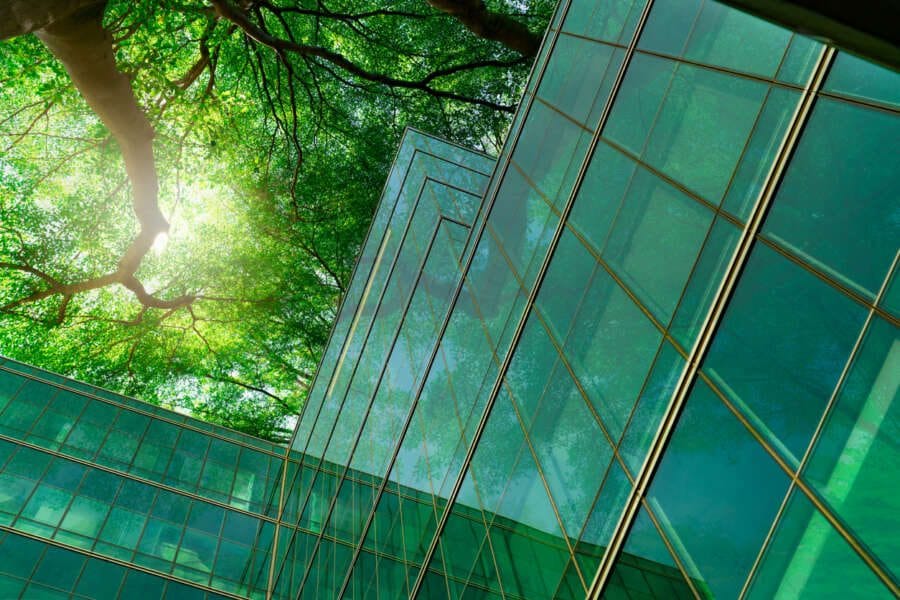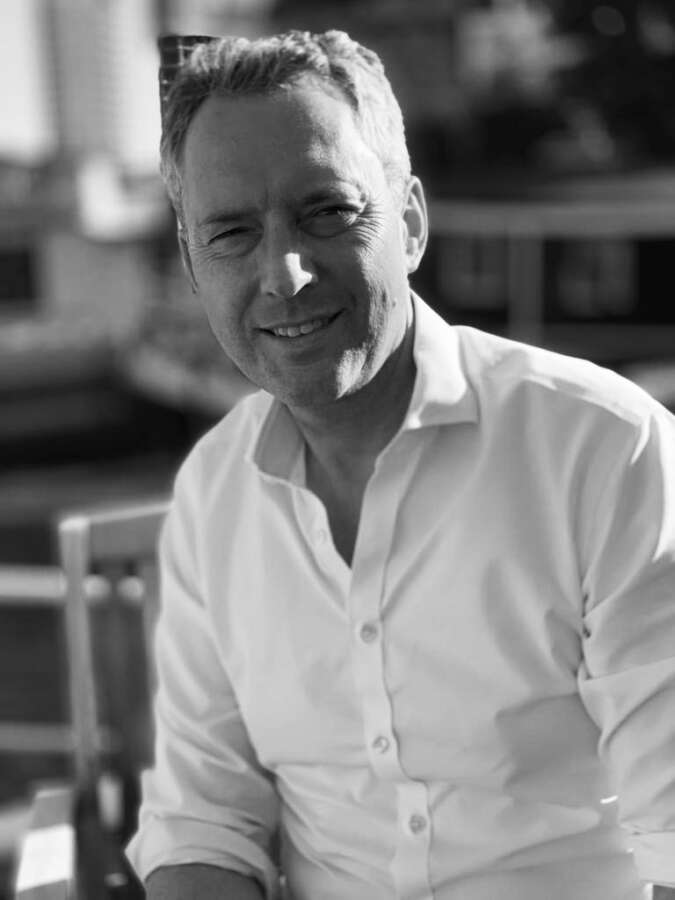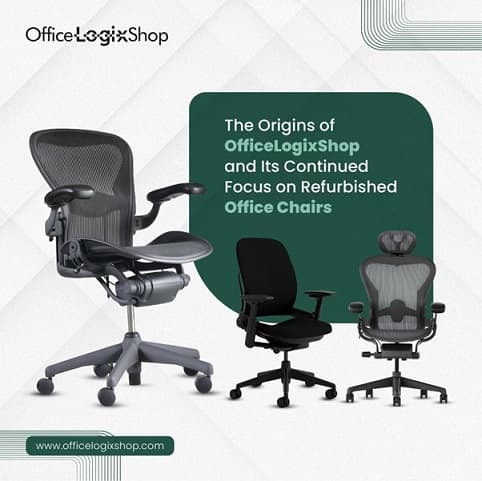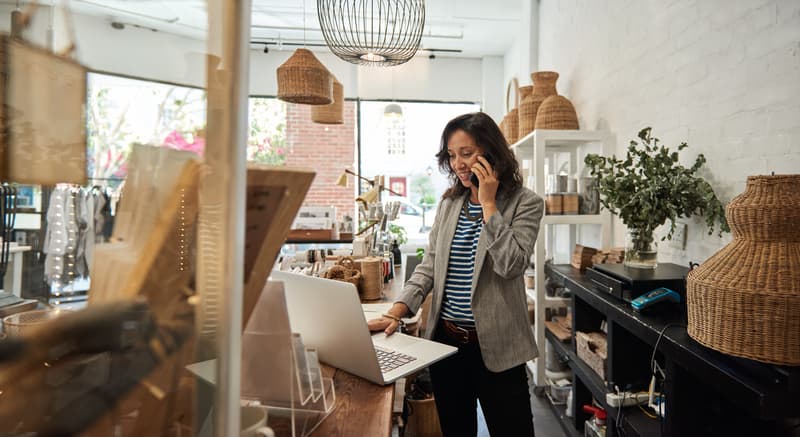

Over the past few years, sustainability has increasingly evolved as a buzzword, particularly within the design industry. Design professionals have been the focus of public attention, emphasising their responsibility when it comes to creating beautiful, sustainable spaces that also tackle issues of ethics in their design. Driven by consumer demands and expectations, the philosophy of design has changed dramatically, with a growing emphasis on reducing the environmental impact.
Arguably, the hospitality sector has witnessed the most significant shift with regards to the importance of sustainability and the role it plays with their consumers’ decisions. Environmentally conscious tourists, seeking more eco-friendly holidays and experiences, has led to an increased demand for ethically sourced fabrics, such as those woven from plastic ocean waste (which are becoming more widely available) – particularly in hotels. As a result, sustainability is becoming integral to the design approach for both residential and hospitality projects.
With the future of design set to position sustainability at the forefront of new projects, it presents new, exciting challenges alongside unprecedented opportunities for design professionals. At Morpheus & Co. we are determined to become pioneers in the field of sustainable design and we are constantly looking at ways to steer our projects in exciting directions, whilst overcoming new challenges.
Following recent consumer patterns, we are increasingly conscious of our environmental impact, and we are continuously ensuring that the spaces we create integrate environmental and ethical elements. We start each new project with an awareness of our potential carbon footprint and our ethical approach is reflected throughout our designs – from the planning stages through to the material selection on each project.
We actively source suppliers that share our core values and are careful to use materials that won’t end up in landfill. Where possible, we avoid the use of heavily pollutant resins, laminates and fabrics, and instead use materials such as bamboo, cork and plant-based natural fibre cements. What’s more, with careful and skillfull stain, polish and finish it is possible to create a look very similar to the endangered rainforest timbers of wenge, ebony and teak using faster growing timbers such as ash, beech and oak. These are therefore becoming more popular in the luxury market as this approach targets environmental concerns without losing the luxury consumers expect.
Our team also carry out thorough research into how each of the products we use are produced. This way, we can look at which options guarantee the lowest level emissions, before sharing a proposal with our clients. Through thoughtful, considered design we can guarantee high-quality, luxurious spaces for people to enjoy – from handpicking products and upcycling and recycling materials, to introducing the latest technology into spaces to minimise carbon footprint.
A great example of upcycling is showcased at one of our branded residence projects, where the team introduced SHIKKUI (an innovative natural Japanese plaster) to promote the air quality in the rooms. SHIKKUI Surface Coatings are a natural lime plaster system for walls and ceilings that achieve a stunning range of traditional and modern finishes, including a full range of Venetian Stucco and stone effects. SHIKKUI coatings are non-toxic and made with up to 50% reprocessed eggshells. What’s more, the coatings are highly porous and naturally antiseptic, so indoor air quality is actively improved for healthier spaces.
Alongside prioritising materials that come from as close to the project as possible (to ensure that the carbon footprint is reduced), community impact is also at the crux of our values, and we actively seek to ensure that the production methods are as ethical as possible.
For example, for our client Six Senses Residences Courchevel, we designed and sourced a product that directly benefited education in Ethiopia, using materials from the non-profit Lalibella. The fabrics were handmade by a successful family business, whose mission is empowering and employing marginalised groups, whilst ensuring high quality products. All profits generated went directly to their charitable projects, supporting women artisans and economic growth in Ethiopia.
As the importance of sustainability remains a key consideration for consumers, design professionals are taking an approach to projects to ensure that they focus on ethics and the environment. Through careful and thoughtful consideration, sustainability can remain at the heart of the design of beautiful spaces without compromising on luxury.


